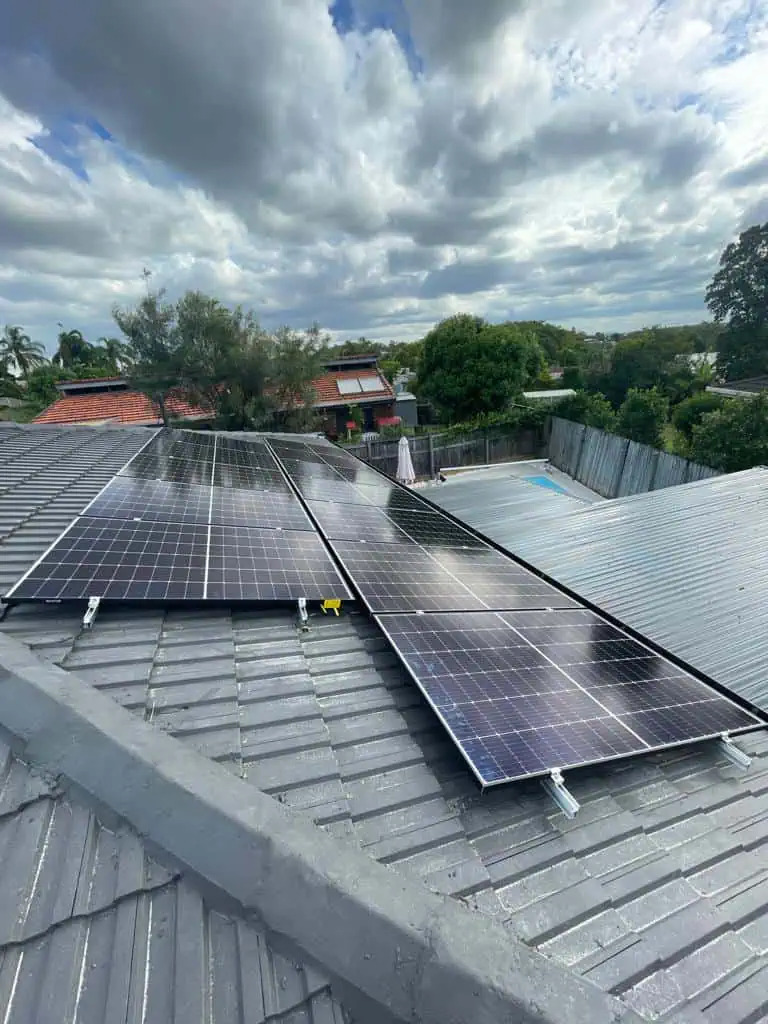In today’s fast-changing world, the shift toward sustainable energy is no longer a matter of “if,” but “when.” Climate change, rising electricity costs, and growing environmental awareness are all driving the global demand for cleaner and more efficient energy sources. Among the many renewable options, solar energy stands out as one of the most practical and impactful solutions for individuals, businesses, and governments alike.
From reducing carbon footprints to slashing utility bills, solar power offers a powerful combination of environmental and financial benefits. Let’s explore why solar energy has become such a game-changer in today’s era—and why it’s the smart choice for a better future.
- A Clean, Renewable Energy Source
One of the most important environmental benefits of solar energy is that it’s completely clean and renewable. Unlike fossil fuels, which emit harmful pollutants and greenhouse gases, solar panels generate electricity without producing any emissions.
Solar energy helps:
- Combat climate change by reducing carbon dioxide (CO₂) emissions
- Improve air quality by eliminating pollutants like sulfur dioxide and nitrogen oxides
- Conserve water, as solar systems use minimal water compared to coal or nuclear power plants
Every kilowatt-hour (kWh) of solar power generated helps offset emissions from traditional power generation. In fact, a typical residential solar system can offset 3 to 4 tons of CO₂ annually, which is equivalent to planting over 100 trees every year.
- Reduces Dependence on Fossil Fuels
Traditional energy sources—coal, oil, and gas—are not only finite but are also responsible for environmental degradation, pollution, and geopolitical tension. Solar energy provides a sustainable path forward by offering a locally sourced, abundant alternative.
Switching to solar reduces our reliance on:
- Imported fossil fuels
- Grid-based electricity from non-renewable sources
- Volatile energy markets influenced by global events
As more homes and businesses adopt solar, the world moves closer to energy security and long-term ecological balance.
- Substantial Cost Savings on Energy Bills
Beyond its environmental impact, solar energy offers real and measurable financial savings. Whether you’re a homeowner or a business, generating your own power significantly reduces your monthly electricity bills.
Here’s how solar saves money:
- You consume the solar power generated on your property instead of buying from the grid.
- Any excess power can be exported back to the grid, earning you a feed-in tariff or credit (depending on your local energy policy).
- Over time, your system can pay for itself—often in 4 to 6 years—after which the electricity it generates is virtually free.
In high-sunlight regions like Australia, India, and parts of the U.S., households can save up to 70% on their electricity bills, while commercial users can save even more due to higher energy consumption during daytime business hours.
- Strong Return on Investment (ROI)
While the initial cost of a solar system may seem high, it’s important to view it as a long-term investment, not just an expense. Thanks to government incentives, falling technology costs, and rising energy prices, solar power offers an excellent ROI.
You benefit from:
- Upfront rebates or tax credits
- Accelerated depreciation for businesses (in many countries)
- Increased property value with a solar-equipped building
In many cases, solar installations outperform traditional financial investments by delivering stable and guaranteed returns over 20+ years.
- Job Creation and Economic Growth
The rise of solar energy is also creating economic opportunities around the globe. As demand for solar grows, so does the need for skilled workers in manufacturing, installation, engineering, and maintenance.
Solar supports:
- Local job creation in both urban and rural communities
- Growth of new green industries
- Reduced reliance on imported energy sources
By investing in solar, both individuals and governments contribute to building a resilient and sustainable economy.
- Low Maintenance and Long-Term Durability
Another financial benefit of solar energy is its low ongoing maintenance costs. Once installed, solar panels require little to no intervention aside from occasional cleaning and routine inspections.
Most quality solar systems offer:
- Performance warranties of 25 years or more
- Minimal parts that wear out or break down
- Consistent performance even in harsh weather conditions
This means you enjoy decades of clean power with minimal upkeep, ensuring long-term savings and peace of mind.
- Environmental Stewardship and Social Responsibility
Today’s consumers, investors, and communities expect individuals and businesses to act responsibly. Going solar is a powerful way to demonstrate your commitment to sustainability and social impact.
For businesses especially, solar energy helps:
- Improve corporate social responsibility (CSR) performance
- Meet environmental, social, and governance (ESG) standards
- Appeal to eco-conscious customers and stakeholders
Choosing solar isn’t just smart—it’s the right thing to do.
Final Thoughts: Powering the Present, Protecting the Future
In today’s era, solar energy is no longer an alternative—it’s essential. It’s a practical, cost-effective, and environmentally sound way to power our homes, businesses, and communities. With the twin pressures of climate change and rising energy costs, now is the time to embrace solar and take control of your energy future.
Whether you’re motivated by savings, sustainability, or self-reliance, the benefits of solar are clear. It’s not just about panels on a roof—it’s about making a smarter choice for the planet and your pocket.
Save on energy bills with efficient residential solar systems Brisbane homeowners prefer.
Enjoy clean, renewable power tailored for your home.
Trusted solar experts delivering top-notch service across Brisbane.









